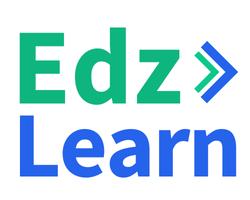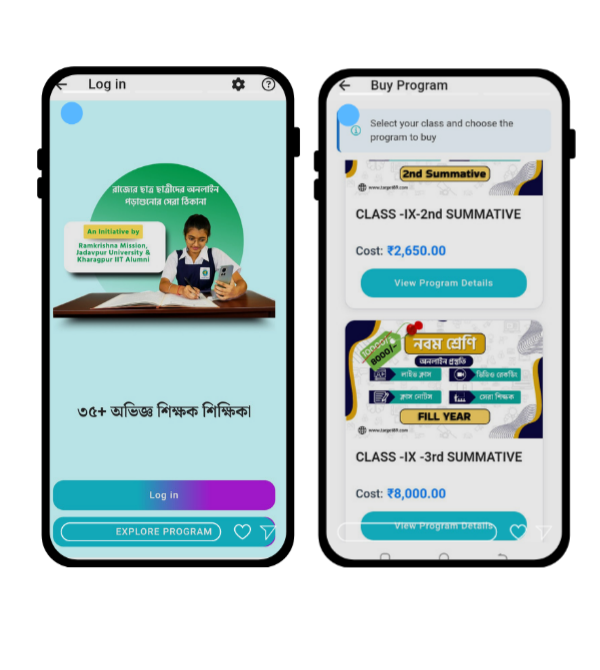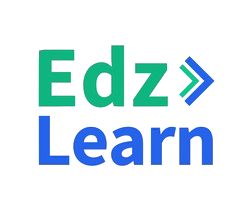In today’s interconnected world, learning a new language is no longer a mere skill; it’s a pathway to better job prospects, cultural appreciation, and personal growth. Language proficiency has become essential, bridging communication gaps and fostering global relationships in both personal and professional spheres. But traditional language learning methods often struggle to keep up with the needs of modern learners who seek flexible, accessible, and engaging solutions. This is where the digital age, with its innovative tools and technologies, opens up exciting possibilities for language learners around the world.
A key player in this digital transformation is the Learning Management System (LMS), a platform that has revolutionized how we approach education and training. LMS platforms serve as comprehensive online spaces for managing, delivering, and tracking learning experiences. They offer tools that make language learning accessible, adaptive, and interactive, catering to the unique needs of each learner. In this blog, we’ll dive into how language learning has evolved in the digital age, why LMS platforms are so valuable, and how they’re shaping the future of language education.
The Importance of Language Learning in the Digital Age
Language learning goes beyond basic communication; it’s an essential skill for a globally connected society. Here are a few reasons why learning languages has become more important than ever in the digital age:
- Globalization of Work and Study Opportunities
With global industries expanding and remote work on the rise, multilingual abilities can open doors to opportunities that once seemed out of reach. Many companies value employees who can communicate in multiple languages, as it fosters better client relationships, efficient team collaboration, and access to new markets. - Cultural Understanding and Empathy
Learning a language immerses learners in a new culture, fostering empathy and a broader worldview. In the digital age, where people can interact with diverse cultures at the click of a button, language proficiency helps build authentic connections and understand global perspectives. - Cognitive and Personal Growth
Research shows that learning languages can enhance cognitive abilities such as memory, problem-solving, and creativity. Language learners are not just acquiring vocabulary and grammar; they are also exercising their brains, which can have long-lasting benefits for mental acuity and personal development.
In essence, language learning is a critical skill in the digital age, and an LMS platform can be the bridge that makes learning effective, enjoyable, and widely accessible.
Language Learning in the Digital Age
The digital era has transformed education in unprecedented ways, and language learning has benefited greatly from this shift. Here are some of the primary ways digital tools enhance the language learning experience:
- On-Demand Learning
Digital tools allow language learners to access lessons anytime, anywhere, making learning far more flexible. Busy professionals, students, and travelers can learn at their own pace, without the rigid structure of traditional classrooms. - Interactive Content
Digital platforms incorporate multimedia, such as videos, audio, and interactive quizzes, which make language learning more engaging. For example, listening exercises can include real-world conversations, and vocabulary games can test understanding in fun ways. - Global Reach and Collaboration
Language learners can connect with native speakers and fellow learners worldwide, enhancing their learning through cultural exchange. The digital age has allowed for a more social approach to learning, which is highly beneficial for language acquisition. - Real-Time Feedback and Assessment
Many digital language tools offer instant feedback on pronunciation, grammar, and vocabulary, which is crucial for improvement. Learners can immediately understand their mistakes and make necessary corrections, speeding up their learning curve.
The Role of LMS in Language Learning
Learning Management Systems have become integral to digital education, offering a structured and adaptable environment for language learning. Here’s how LMS platforms enhance language education and make it more effective:
- Structured Curriculum and Progress Tracking
LMS platforms allow educators to design comprehensive language courses with structured modules, assessments, and milestones. This structure keeps learners on track, ensuring that they complete necessary skills in sequence. Learners can also monitor their progress, helping them stay motivated as they see tangible results over time. - Personalized Learning Experiences
One of the standout features of an LMS is its adaptability to each learner’s pace and skill level. Through features like AI-powered recommendations, learners can focus on areas they find challenging, allowing for a customized experience. LMS platforms can adjust content, difficulty, and exercises based on a learner’s progress, catering to beginners and advanced learners alike. - Resource Accessibility
LMS platforms offer centralized access to a vast array of learning resources, such as vocabulary lists, grammar exercises, audio files, and video content. This variety is particularly beneficial for language learners, as it exposes them to different media types that reinforce learning. - Interactive and Gamified Learning
Language acquisition thrives on interactivity, and LMS platforms offer tools like gamification and interactive exercises. Gamification, such as badges, leaderboards, and rewards, turns learning into a motivational experience. Additionally, interactive exercises, like drag-and-drop vocabulary tasks and real-time quizzes, make the process enjoyable and engaging. - Real-Life Practice Through Virtual Classrooms
Many LMS platforms offer virtual classroom environments where learners can practice speaking and listening skills in real-time. Virtual classrooms bring in a human element that is essential for language learning, providing spaces for role-play, conversation practice, and group discussions. - Automated Assessments and Feedback
Automated testing tools in LMS platforms provide learners with immediate feedback on assignments, quizzes, and pronunciation exercises. For language learners, this feedback is critical to improving their fluency and accuracy. LMS platforms also track progress over time, so learners can review their improvements and areas for continued practice. - Collaboration Tools for Language Exchange
LMS platforms often come with social and collaborative tools, such as discussion forums, language exchange programs, and peer feedback. Language learners can practice with native speakers, discuss language-specific challenges, and form study groups. This collaborative aspect adds to the richness of the learning experience, especially for those studying less commonly spoken languages. - Accessibility and Inclusivity
LMS platforms make language learning more accessible to diverse populations. From built-in translation tools to text-to-speech and speech-to-text options, LMS platforms cater to people with different abilities, learning styles, and backgrounds, ensuring language learning is inclusive.
Real-World Applications and Case Studies
To illustrate the transformative role of LMS in language learning, here are a few real-world applications:
- Corporate Language Training: Many global companies use LMS platforms to provide language training for employees working in multilingual teams. LMS platforms allow for flexible learning schedules, self-paced courses, and real-time practice sessions, making it easier for employees to develop language skills alongside their work.
- Academic Institutions and Online Programs: Universities and schools are increasingly using LMS platforms to offer online language courses. These systems allow educators to create interactive curricula, assess students remotely, and provide feedback that enhances language acquisition.
- Government and NGO Programs: For governments and NGOs focused on integrating immigrants or assisting refugees, LMS platforms offer scalable language learning solutions. Learners in these programs can access language education remotely, gaining the skills needed to navigate life in a new country.
Conclusion
Language learning in the digital age is not just about knowing a second language; it’s about gaining a skill that connects, empowers, and enhances global understanding. As technology reshapes the way we learn, LMS platforms stand at the forefront, offering a flexible, interactive, and accessible solution for language acquisition. They cater to individual learning styles, provide real-time feedback, and offer a structured yet adaptive curriculum that meets the demands of today’s learners.
The future of language learning is digital, immersive, and inclusive. LMS platforms are unlocking opportunities for people worldwide to master new languages, broaden their perspectives, and build meaningful connections across borders. As we embrace these digital tools, the possibilities for personal and professional growth are truly limitless.
This Blog is Written By Ritika Sexena, Content Writer and Social Media Manager at Edzlearn Services PVT LTD.
For More Information Connect With Her on Linkedin : https://www.linkedin.com/in/ritika-saxena0355/
Read our Recent Blogs: https://edzlms.com/blogs/
Download our Recent Case Study: https://edzlms.com/case-study/
For anything related to LMS, feel free to reach out or book an appointment at : https://calendly.com/edzlms/30min.















